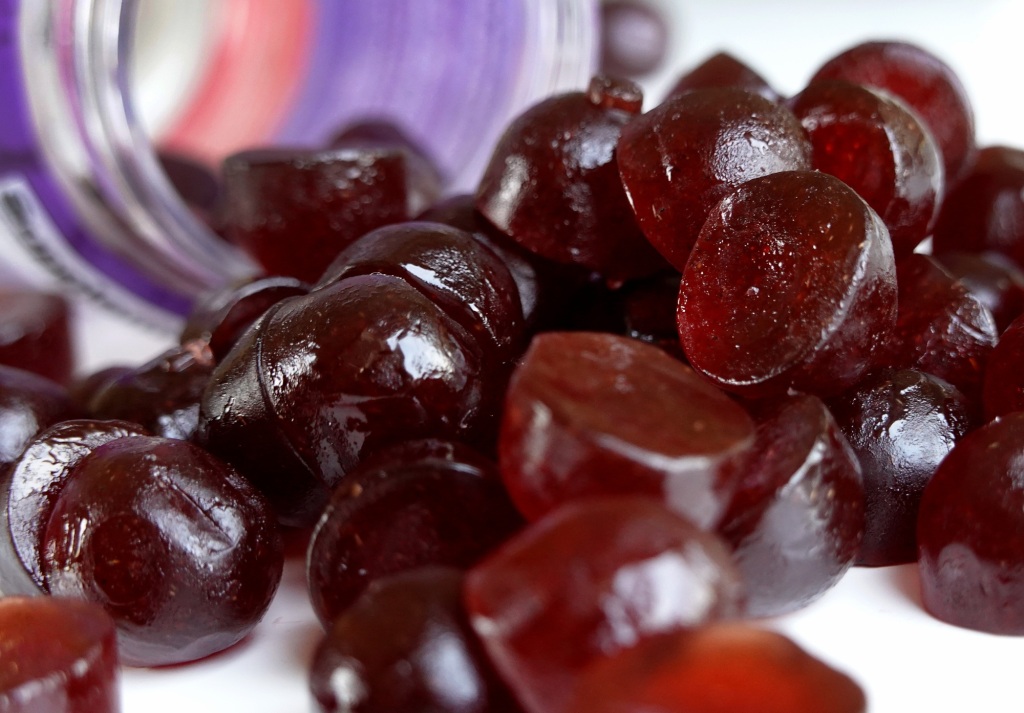Melatonin is a hormone associated with our sleep-wake cycles, with levels increasing as the sun goes down. For this reason, it’s a popular sleep supplement for adults and children alike, perceived as being fairly harmless and supported by plenty of testimonials praising its positive effects.
If your child takes melatonin as a supplement, though, you’ll want to attend to some news about the melatonin content in over-the-counter gummies. According to a recent study published in the medical journal JAMA, the content of these gummies often exceeds what the label claims.
With almost a million children in the United States taking melatonin supplements as an aid for sleep or stress relief, these findings are relevant for many families. One reason they matter, the study authors write, is the striking number of calls to poison control centers, which increased from 8,337 in 2012 to 52,563 in 2021. Along with 27,705 urgent or emergent care visits during this time, there were 4,097 children hospitalized, 287 admitted to intensive care and two deaths.
Many of the overdoses were related to the ineluctable attraction of sweetened gummies, leading to what’s classified as “unintentional” ingestion. But the content of even one of those gummies may well exceed what it says on the label, by as much as 347%.
The JAMA authors used a government database to identify gummy-related melatonin products sold over the counter in the United States. They purchased 25 of the products and analyzed the content of melatonin and CBD in the gummies.
Two of the products contained less melatonin than the label stated. Twenty-two others had more than 100% of the claimed amount. One of these had 347% of the labeled melatonin content, containing 10.5 milligrams per gummy instead of the 3 milligrams given on the package.
Most products were described as containing 1, 3 or 5 milligrams of melatonin, but the measured content often exceeded these values by a third or more. Each of the five…
Read the full article here







